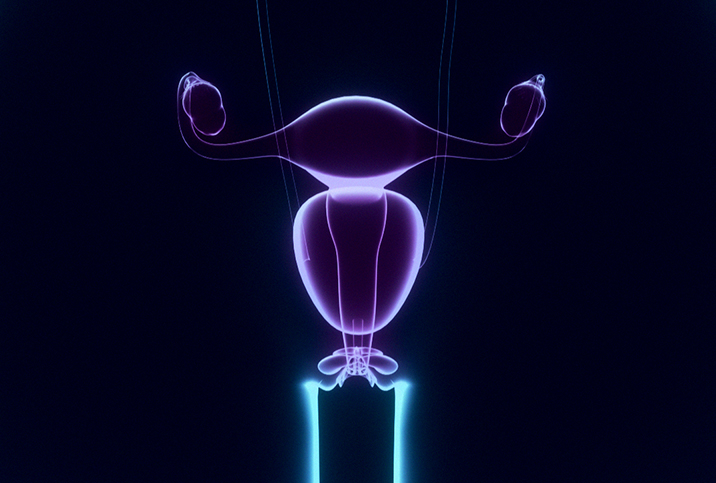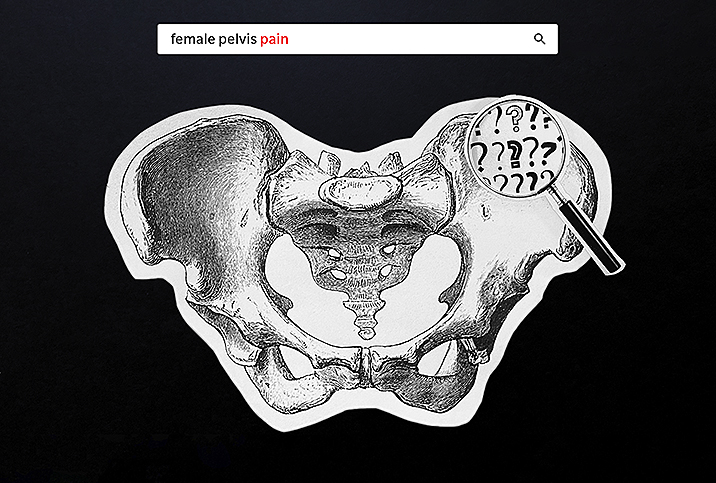What Women Should Know About Pelvic Inflammatory Disease

Pelvic inflammatory disease (PID) is a bacterial infection that enters at the vagina and travels through a woman’s reproductive system to organs such as the fallopian tubes, uterus and ovaries. PID, while technically not a sexually transmitted infection (STI) or disease (STD), is most often a complication of untreated STIs and other infections.
An estimated 2.5 million American women, 18 to 44 years old, are living with PID.
Symptoms & treatment
Some women with PID will not experience symptoms at all, initially, but it will eventually progress to an infection that requires antibiotics and, often, hospitalization. Others symptoms may include fever, painful urination, pain during sex, sharp pain in the lower and upper abdomen, spotting and unusual discharge.
Whatever you do, don’t try to diagnose and/or treat pelvic inflammatory disease at home. PID is usually treated with a course of antibiotics and penicillin, both of which rid the body of bacteria. If you experience any symptoms that you believe may indicate PID, it is imperative you go to a doctor immediately. The sooner you receive treatment for PID (as well as the underlying STI that may have caused it), the better your chances are of having a smooth, fast recovery, and regaining normal function of your reproductive system.
While PID only affects women, the bacteria can be passed on to anyone through sexual contact, so be sure to inform anyone you are intimate with.
PID & sexual wellness
Without proper treatment, PID can cause significant physical and emotional distress and easily spread to other parts of the body outside the reproductive system.
Women who have unmanaged PID can become infertile and suffer from scarring to the pelvic cavity, where the reproductive organs are. If you have PID when you become pregnant, you are especially at risk for an ectopic pregnancy, which in itself can be life-threatening.
PID can also affect a woman’s ability to be intimate with others. The symptoms of PID, which may start out small but lead to more significant distress over time, can lead to isolation from others, a lack of personal fulfillment and difficulty connecting with people. Chronic pelvic pain can also have a long-term impact on the way a woman’s body processes pain, which can impact her ability to carry out basic daily functions.
It is crucial to discuss any sexual health concerns you may have with your doctor and to receive regular health screenings, including STI tests and blood work. Open communication with healthcare providers makes it more likely there’ll be an early PID diagnosis, minimizing the risk of long-term complications and increasing the chances of regaining normal function of the reproductive system, including having healthy sexual relationships and preserving fertility.

















